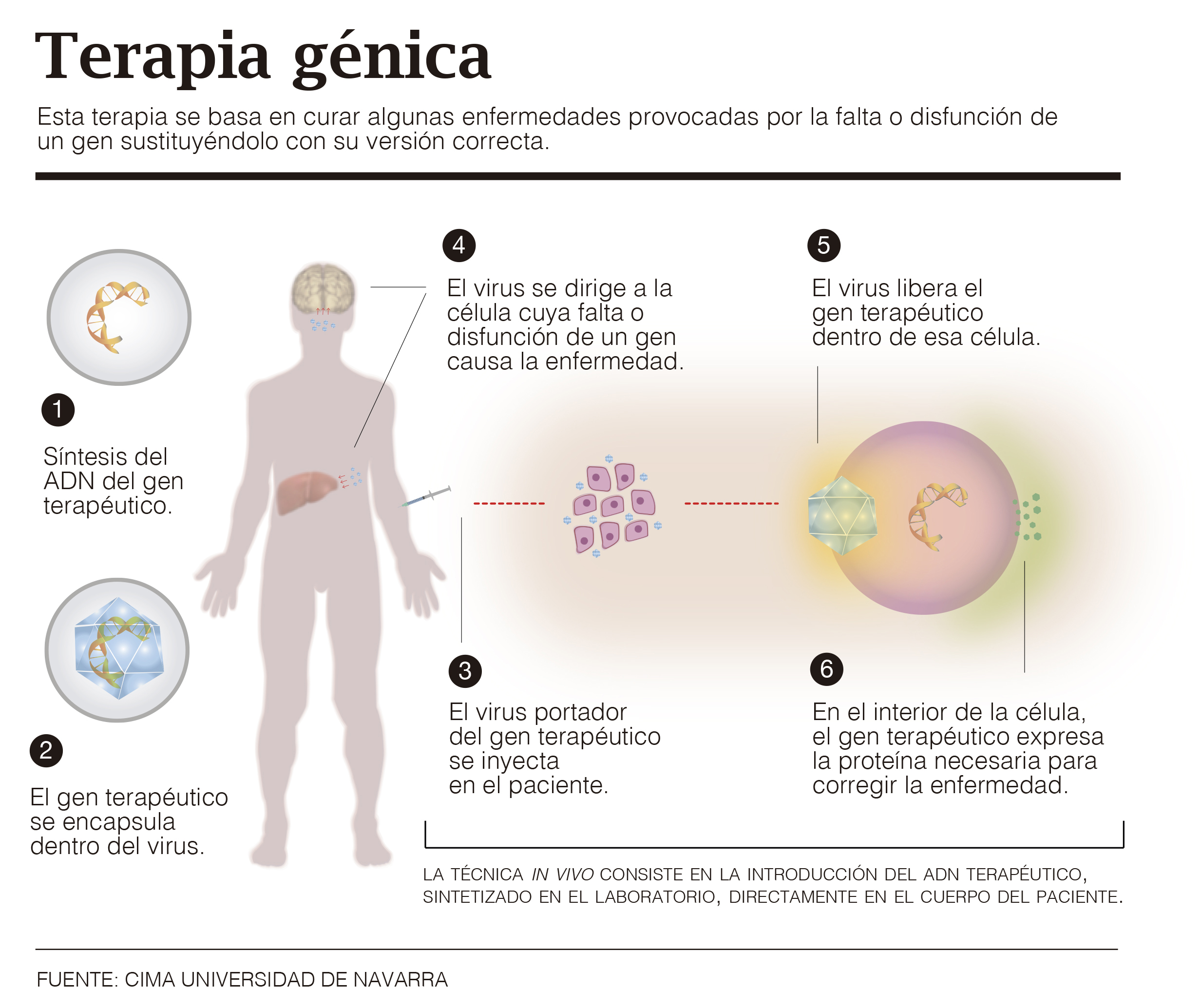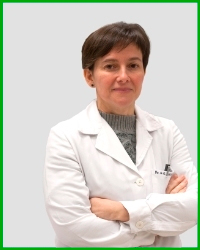PRESENTATION
The University's strategic line on Rare Diseases 2025 carries out a study multidisciplinary of rare diseases, based on the research experience acquired in this field and on the application of new technologies and advanced therapies.
We have groups of excellence in the genetic diagnosis of rare diseases, in the study of the molecular and cellular mechanisms involved and in the development of advanced therapies, such as gene therapy, for these diseases.
Mission, vision and values
Our mission is to conduct research of excellence that allows us to understand the origin of these diseases and to design novel strategies for their treatment. At final, research to cure
Objectives

To provide new insights into the molecular mechanisms involved in the development of these diseases.

Develop new, faster and more sensitive diagnostic methods.
.

Apply new treatments that will lead to clinical trials and help cure or slow down the disease. development
The implementation of these actions will have an enormously positive impact on the diagnosis and treatment of these diseases.
Who benefits from our work?
At least 300 million people in the world suffer from a rare or infrequent disease. Most of them have a genetic origin and at least 70% of them manifest in childhood with, in many cases, devastating consequences. Rare diseases are very often diagnosed late, and lack a cure or adequate treatment, causing great suffering for patients and families.
RESEARCH GROUPS
What are porphyrias?
What are porphyrias?
What is Dravet syndrome?
What is Dravet syndrome?

LATEST NEWS
La Clínica and Cima investigate new genetic techniques for the treatment of ataxia telangiectasia
Dr. Rubén Hernández receives a scholarship from the Dravet Syndrome Foundation for innovative projects.
Insulin resistance linked to protection against acute intermittent porphyria crises
New mechanisms involved in acute porphyria identified development
essay Pfizer Inc and Vivet Therapeutics receive approval to initiate a clinical trial for Wilson's disease with gene therapy originating from the Cima University of Navarra.
ODS
The SDGs, adopted globally, chart the way forward to end poverty, protect the planet and work towards peace and prosperity for people.
The project 'Rare Diseases' aims to contribute in particular to the objectives "Health and Well-being", "Education quality", "Gender Equality", "Industry, Innovation and Infrastructure", "Peace, Justice and Strong Institutions" and "Partnerships to Achieve the Goals".
![]()
![]()
![]()

![]()
![]()
INDICATORS
- Academic output on the SDGs.
- Revenues from research, collected and settled, from private and public, domestic and international sources.
- Patents originated by the University.
- Sustainably sourced startups.




